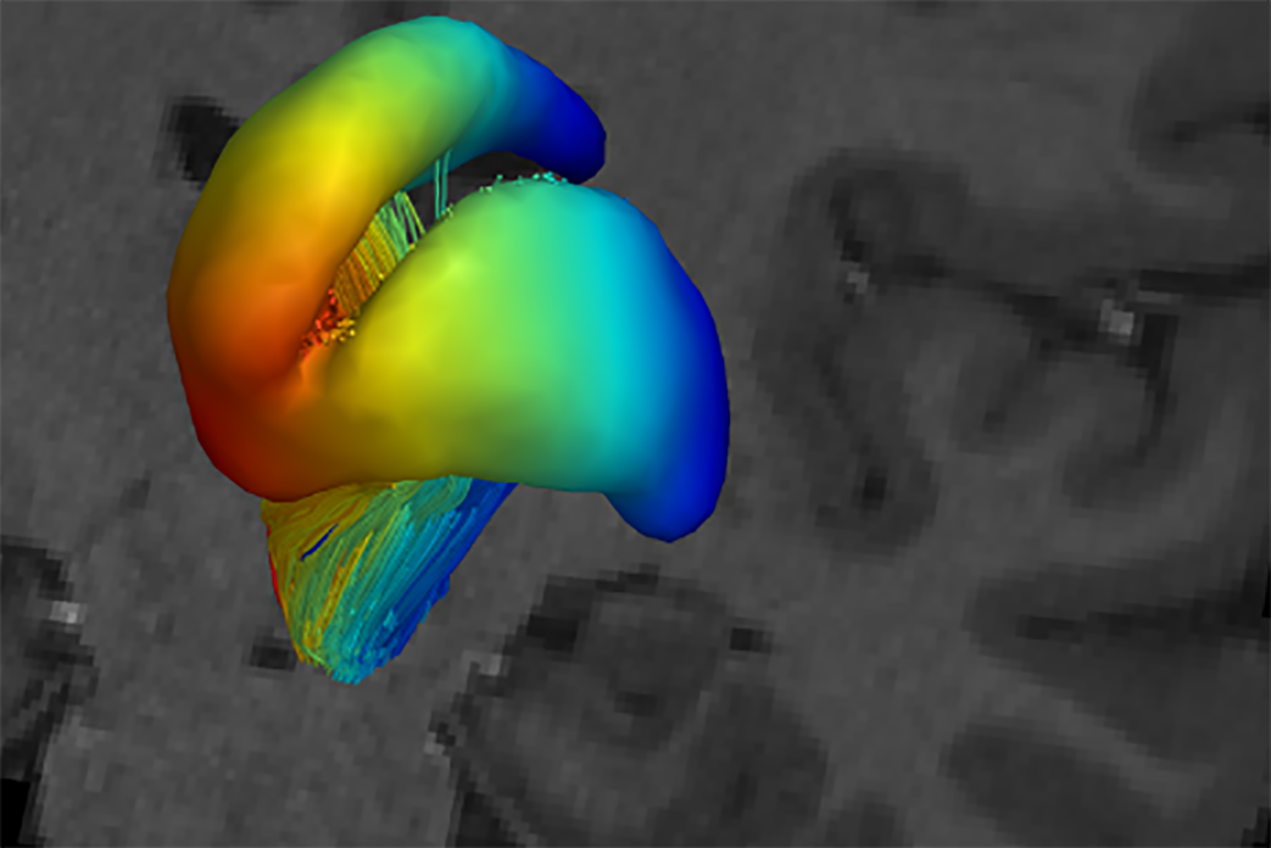Most people know that problems with memory and cognition are an early hallmark of Alzheimer’s disease, but fewer are aware that in up to 88% of patients, neuropsychiatric issues like depression, anxiety and apathy are also among the first symptoms of the disease.
Little research exists to explain the underlying mechanism that links Alzheimer’s disease to such symptoms, but a new study funded by the National Institutes of Health (NIH) and led by the USC Mark and Mary Stevens Neuroimaging and Informatics Institute’s Yonggang Shi, PhD, associate professor of neurology at the Keck School of Medicine of USC, seeks to better understand the connection.
“Increasingly, researchers are interested in the neuropsychiatric changes that occur with Alzheimer’s disease,” Shi said. “But more work is needed to understand what’s causing these symptoms.”
For the two-year project, Shi and his colleagues will study how tau pathology in Alzheimer’s disease damages pathways in the brain’s reward network, which is known to trigger neuropsychiatric symptoms such as anxiety and depression. They will analyze positron emission tomography (PET) and connectome imaging data from two existing studies — the Alzheimer’s Disease Neuroimaging Initiative (ADNI) and the Estudio de la Enfermaded de Alzheimer en Jalisciences (EEAJ), a U01 Human Connectome Project led by John Ringman, MD, professor of clinical neurology at the Keck School — to better understand how tau pathology alters connectivity in the reward network.
The team will start by using high-quality connectome data to build atlases, then apply these models to the extensive clinical imaging data available from the ADNI project. Ultimately, this research can help clinicians predict which patients will develop neuropsychiatric symptoms and track individual treatment responses. All of the tools developed in the study will be freely distributed to the research community.
Shi’s co-investigators across the Keck School include Ringman, Xinhui Wang, PhD, assistant professor of research neurology, and Duke Han, PhD, director of neuropsychology and associate professor of family medicine. The grant, awarded by the National Institute on Aging in August, provides more than $443,000 in funding through NIH’s R21 mechanism.
— Zara Greenbaum


